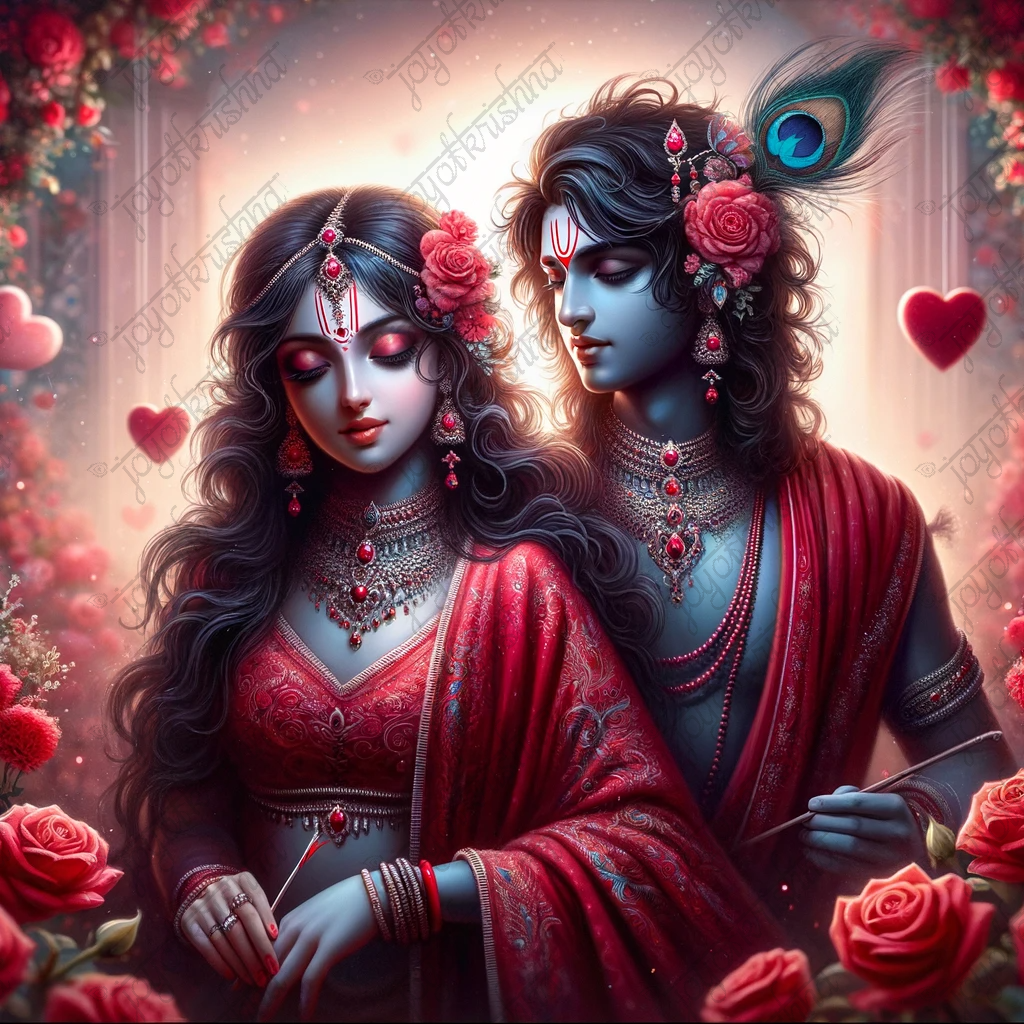
Lord Krishna, the eighth avatar of Lord Vishnu, is one of the most revered and beloved deities in Hinduism. His life and teachings have been a source of inspiration for millions of people around the world for centuries. Born in the city of Mathura, Krishna was the son of Vasudeva and Devaki, who were imprisoned by the tyrannical king Kamsa. According to legend, Krishna was born with a divine mission to kill Kamsa and free the people of Mathura from his tyranny. As a child, Krishna was known for his mischievous and playful nature, often stealing butter and curd from the homes of the gopis, the cowherd women who adored him. However, as he grew older, Krishna’s true nature as a divine being began to manifest, and he became known for his extraordinary wisdom, courage, and compassion. One of the most significant events in Krishna’s life was the Mahabharata, a great war between the Pandavas and the Kauravas, two groups of cousins who were descended from the same royal lineage. Krishna, who was the cousin and friend of the Pandavas, played a crucial role in the war, serving as the charioteer of the great warrior Arjuna and offering him spiritual guidance and advice. The Bhagavad Gita, a sacred text that is part of the Mahabharata, contains the teachings of Krishna to Arjuna on the nature of reality, the meaning of life, and the path to spiritual enlightenment. In the Gita, Krishna teaches Arjuna about the importance of selfless action, the need to cultivate a sense of detachment and equanimity in the face of life’s challenges, and the ultimate reality of the universe as a unified, all-encompassing consciousness. Krishna’s teachings in the Gita have had a profound impact on Hindu philosophy and spirituality, and continue to be studied and revered by scholars and seekers around the world. Despite his divine nature, Krishna was also a humble and accessible teacher, who was willing to share his wisdom with anyone who sought it. He was particularly close to the gopis, who loved him with a deep and abiding devotion. The love of the gopis for Krishna is often seen as a symbol of the love of the individual soul for the divine, and is celebrated in Hindu mythology and art as a powerful and transformative force. Throughout his life, Krishna was also known for his extraordinary powers and abilities, which he used for the benefit of others. He was said to have the power to heal the sick, to bring peace and prosperity to those who were suffering, and to protect the innocent from harm. According to legend, Krishna’s life on earth came to an end when he was struck by an arrow shot by a hunter, who mistook him for a deer. However, even in death, Krishna’s divine nature was revealed, as his spirit ascended to the heavens and his body was transformed into a divine form. The legacy of Krishna continues to be felt in Hinduism and beyond, as a symbol of divine love, wisdom, and compassion. His teachings in the Bhagavad Gita remain one of the most important and influential texts in Hindu philosophy, and his life and example continue to inspire and guide seekers around the world.